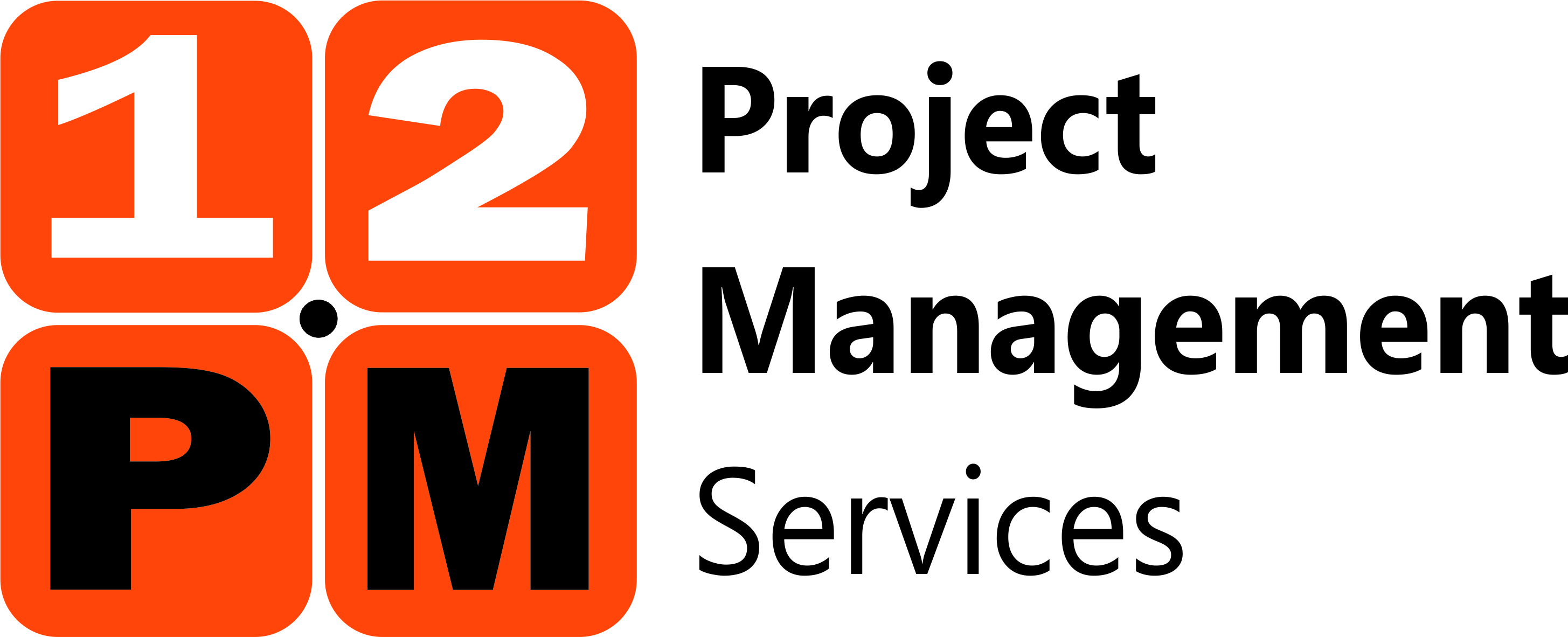The purpose of the Pulse of the Profession® in-depth report with title “Capturing the Value of Project Management through Decision Making”, was to better understand the conditions and processes by which decisions, both good and bad, impact the outcomes of projects and programs. Successful organizations support effective decision making by creating a culture in which people have access to the processes and tools they need to be successful.
Mark Langley, PMI President and CEO, says that good decisions lead to great things and bad decisions lead to disaster.
According to Margaret Heffernan, former CEO of five businesses and author of numerous books, every project starts with a decision. But decisions are often ill-informed, biased, over-optimistic, and sometimes just plain wrong. Business failures large and small often derive from willful blindness: ignoring data, people, and details that are available but overlooked.Any organization can increase its ability to make effective decisions and, in turn, to improve project outcomes, by following three practices:
- Fostering a culture of transparency that ensures that people making decisions understand organizational strategy.
- Establishing a process to provide people making decisions with access to the right information at the point of need.
- Employing procedures for managing risk in the decision – making process.
These three factors, strategy, information, and risk management are important in organization’s success, but there are many more aspects that successful organizations recognize as essentials for decision-making effectiveness and they concern the culture, peopleand process.
Organizational culture plays a key role in decision making. Decision makers need to know they have their leadership’s support, especially when decisions are difficult and require commitment from others throughout an organization who will respond to the tone at the top. However, senior management in one third of organizations does not strongly support the decisions affecting projects and programs. Furthermore, decision making also requires accountability and responsibility, but nearly half of organizations say individuals are not held fully accountable for their decisions affecting projects and programs and take responsibility for their decisions in only 61 percent of organizations.
Effective decision making requires the right people with the right skills and experience. Many organizations provide the necessary training and support needed for project management practitioners to make better decisions and deliver the value of projects and programs. Another important people factor is employee empowerment and who is authorized to make decisions. According to Dr.Mark Mullary, PMP, President and Organizational Therapist of Interthink, “Where people feel they can make decisions and act independently, and are willing to act independently, they feel a much greater degree of control or autonomy. This is empowerment.”
While project managers normally know what decisions need to be made, how to make them often becomes a puzzle when no formal process exists. A five-step decision-making process – define the problem, brainstorm multiple solutions, select the best solution, perform post-project reviews, and evaluate the outcome – leads to improved outcomes. Furthermore, transparency and taking into account the perspectives of the stakeholders lead to a more open and effective decision – making process.
But, although most organizations would agree, their actions don’t always align according to research results.
As a conclusion, every success or failure or every opportunity seized or overlooked is the result of a decision and making good decisions is hard work. It requires a number of critical elements, which are easy to overlook in the haste to keep things moving. But as business consultant, author and lecturer Jim Collins says “…it all begins with having the right people – those who can debate in search of the best answers, but who can then set aside their disagreements and work together for the success of the enterprise.”
Pulse of the Profession® is PMI’s annual global survey of project, program and portfolio managers that charts the major trends in project management.
References
PMI – Pulse of the Profession®: Capturing the Value of Project Management Through Decision Making – August 2015.http://www.pmi.org/~/media/PDF/learning/translations/2015/capture-value-decision-making-english.ashx
Project Management Institute. Executive Sponsor Engagement – Top Driver of Project and Program Success. PMI. 2014.




